Got your coding tools ready, dear readers? The Biden administration has an important message for you. It’s time to change our game in the realm of coding, with a formidable call for a shift towards memory-safe programming languages.
The motive? To dig a new route away from the perilous trail of buffer overflows and other memory access vulnerabilities. Let’s dive in to get the full picture.
“Our approach towards coding needs to evolve. It’s time to embrace memory-safe programming languages. The future of programming lies within languages that protect us against buffer overflows and other memory access vulnerabilities.” — Cyber Policy Advisor, The Biden administration
So, what does this mean for the wide landscape of developers, and more specifically, for you? Let’s break it down, uncover the potential challenges and discover the potential opportunities inherent in this call to change.
White House urges developers to dump C and C++ – Info World Article
You’ve possibly already heard that the Biden administration is championing a shift towards memory-safe programming languages. But what should this mean for you? To start with, it’s worthwhile understanding the issues surrounding non-memory safe languages. These types of languages can lead to issues such as buffer overflows and other memory access vulnerabilities. With knowledge of the consequences, it’s easier to appreciate why such guidance has been made.
Let’s delve even further. The administration aims at refining existing metrics, a step calling for pioneering efforts in both software engineering and cybersecurity research. Through this new course, software security may be measurable and evaluable. The proposed approaches include reducing the attack surface in cyberspace by mitigating entire classes of vulnerabilities, and foreseeing systemic security risk by developing better diagnostic tools.
Besides, this move highly emphasizes the importance of public-private partnerships to tackle cybersecurity challenges effectively. Recognizing the role of the technical community is also pivotal in securing cyberspace and furthering software security.
For you as a developer, bending your efforts towards this new focus may mean evaluating multiple memory-safe programming languages before integrating them into your workflows. Learning these different languages could elevate your understanding of programming concepts. However, bear in mind that refactoring old code into a new language might introduce bugs, which could pose additional challenges.
Perhaps you’re wondering what the less risky route could be? Consider rewriting or rebuilding your code in memory-safe languages as a safer short-term path. Ultimately, this transition is about more than just swapping languages; It’s about evolving with the industry and contributing to a more secure cyber ecosystem.
So now, you find yourself at the forefront of this major shift in programming paradigms. The road ahead may seem demanding, but this is a chance for you, for all developers, to play a crucial role in shaping a safe and secure cyberspace. Embrace this transition and turn these challenges into opportunities!
. . .
A Personal Reflection From Jason

Upon reflecting on the Biden administration’s call for developers to change their approach, I can’t help but appreciate the government’s desire to improve our digital fortresses. The urging to pivot towards memory-safe programming languages is, in my opinion, both timely and crucial in the current cyber environment.
Navigating through the recommendations and public feedback from a diverse range of experts such as Alex Gaynor, the nationwide technical workshops on Space Systems Cybersecurity, as well as Judah Anthony, there’s a collective chorus for a shift in paradigm. Yet, this doesn’t mean that all paths look the same. What resounded with me was the recurrent idea that the choice of programming language is a very personal journey influenced heavily by individual goals.
The praise for languages like Rust, Go, and Python is exciting, but also underscored by the criticism that Rust — as a new-age language — seems to be reinventing the wheel with its unique syntactical idioms. Yet, what if the wheel needs reinventing? The importance of striving for improved cybersecurity means that we must constantly challenge what we know and seek out the best practices possible.
This call for improved online safety also highlighted to me the importance of fostering public-private partnerships to tackle these concerns head-on. And, the provision of interactive lessons to build memory-safe programming knowledge is a further testament to inclusivity and the democratisation of learning.
So, while programming languages and the journey to master them might be personal, the goal is collective — building a safer, more secure cyber space. It’s a challenge we can’t face in isolation. It requires the knowledge, tools, and effort of us all.
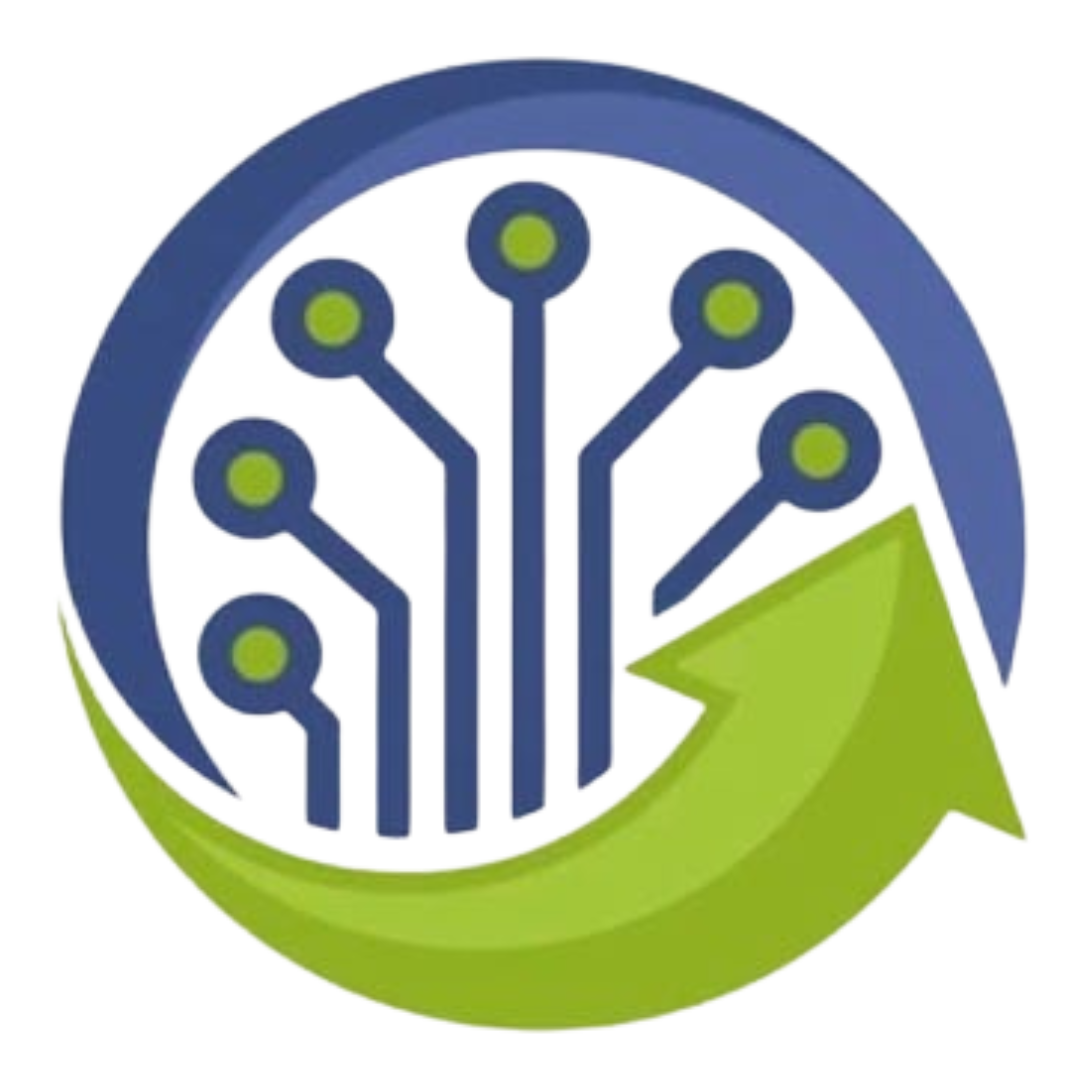

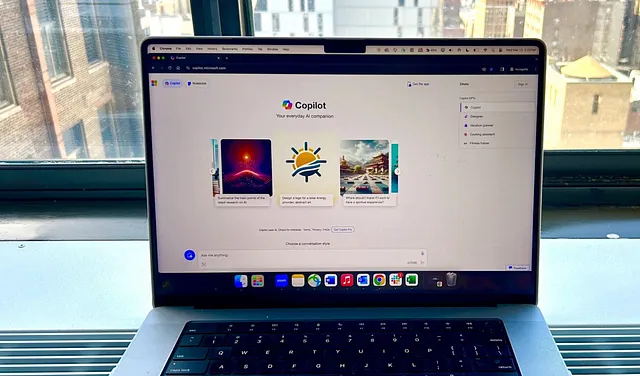


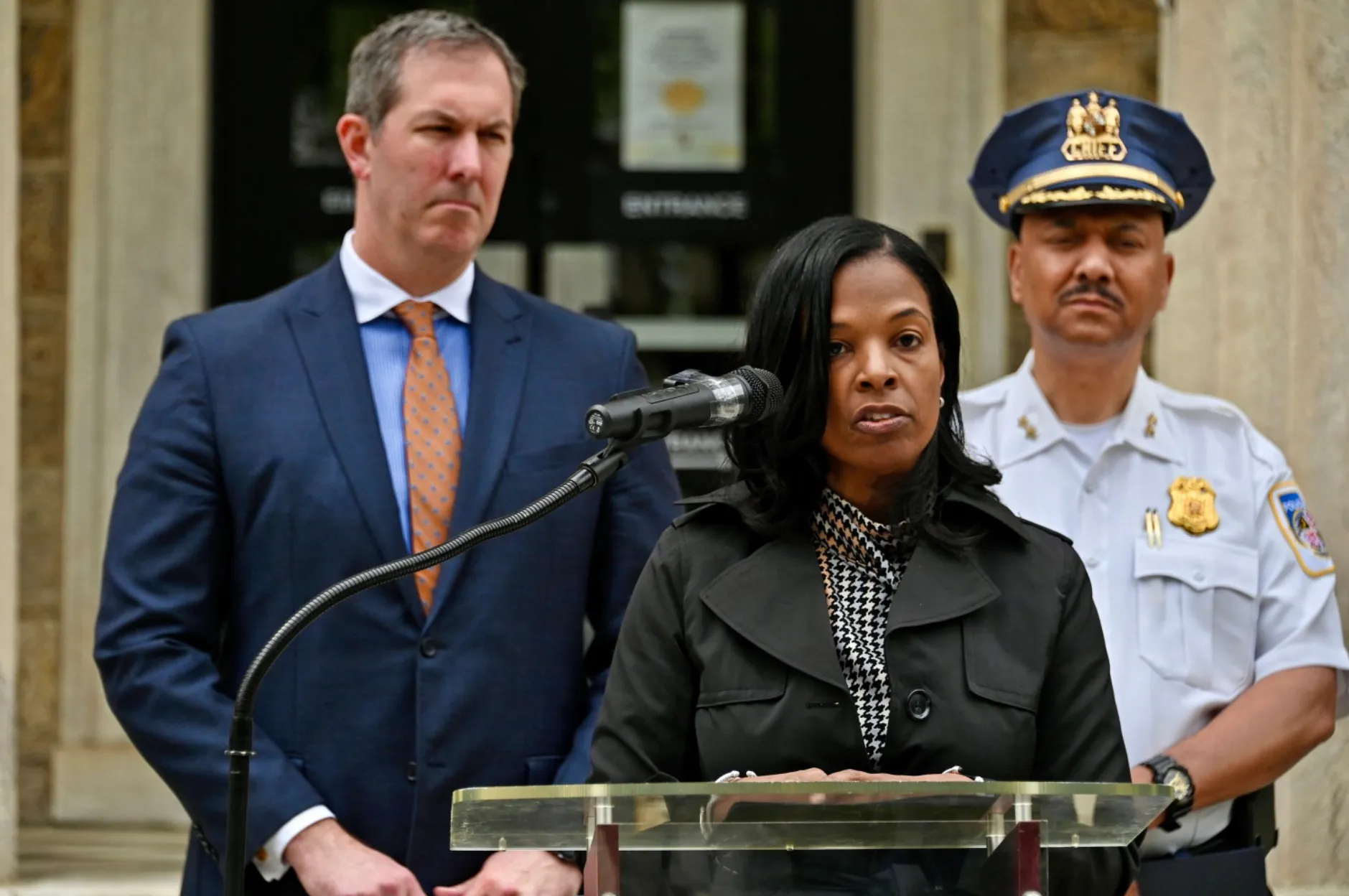

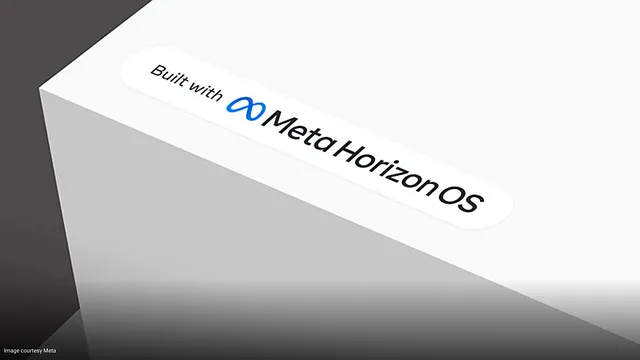


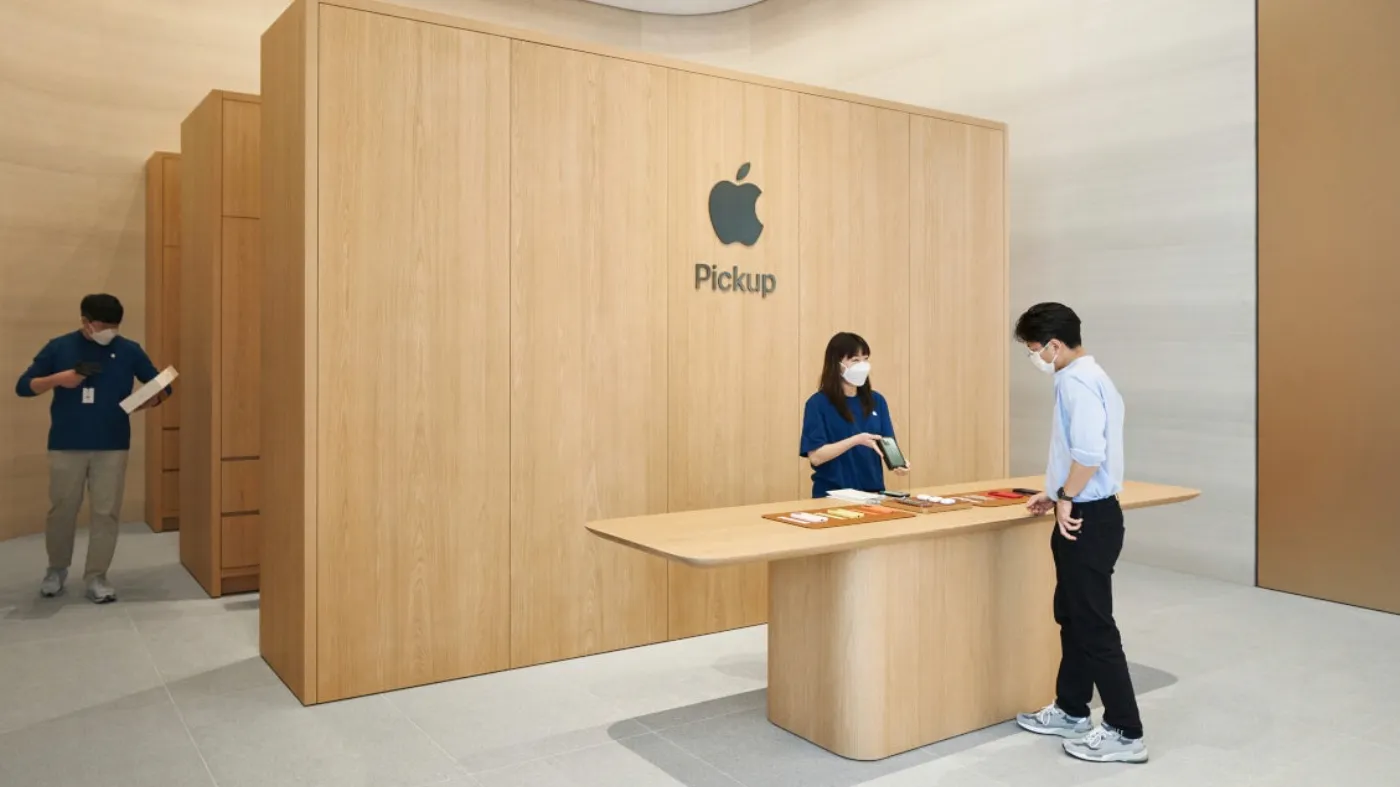


Leave a Reply